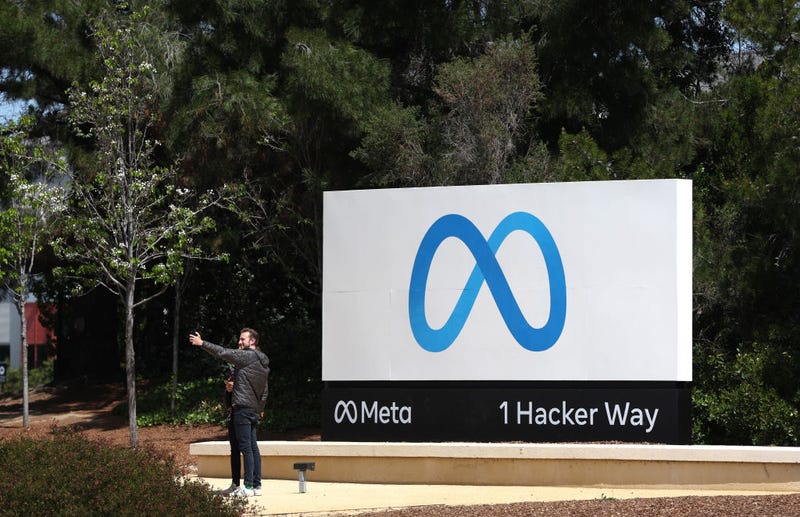
Mark Zuckerberg, CEO of Facebook and Instagram parent company Meta announced Wednesday that he would reduce the company’s staff by 13% and lay off more than 11,000 employees.
“Today I’m sharing some of the most difficult changes we’ve made in Meta’s history,” he said in a letter to staff.
In addition to letting “talented employees” go, Zuckerberg said that Meta would extend a hiring freeze through the first quarter of 2023, cut other spending and reduce its real estate footprint to “become a leaner and more efficient company.”
“I want to take accountability for these decisions and for how we got here,” Zuckerberg said. “I know this is tough for everyone, and I’m especially sorry to those impacted.”
According to the CEO, a surge of e-commerce during the COVID-19 lockdown period led to “outsized revenue growth” and he predicted that this growth would remain permanent after the pandemic ended. Although the pandemic is technically still active, Zuckerberg said that e-commerce returned to prior trends rather than growing.
He admitted that his decision to increase Meta’s investments did not work out as he planned.
“Not only has online commerce returned to prior trends, but the macroeconomic downturn, increased competition, and ads signal loss have caused our revenue to be much lower than I’d expected,” said Zuckerberg. “I got this wrong, and I take responsibility for that.”
A report released Oct. 24 by technology research consulting firm Gartner, based on a survey of 333 senior executives, found that this “macroeconomic downturn” was the top emerging risk singled out by participants for the upcoming financial quarters.
In September, a World Bank press release said that “as central banks across the world simultaneously hike interest rates in response to inflation, the world may be edging toward a global recession in 2023 and a string of financial crises in emerging market and developing economies that would do them lasting harm.” In the U.S., the central bank has increased interest rates several times already this year in an effort to curb inflation.
“In this new environment, we need to become more capital efficient,” Zuckerberg said this week. “We’ve shifted more of our resources onto a smaller number of high priority growth areas – like our AI discovery engine, our ads and business platforms, and our long-term vision for the metaverse.”
So far, Meta’s metaverse has been widely mocked on social media and in memes, Business Insider reported late last month.
“We’ve cut costs across our business, including scaling back budgets, reducing perks, and shrinking our real estate footprint,” Zuckerberg said. “We’re restructuring teams to increase our efficiency. But these measures alone won’t bring our expenses in line with our revenue growth, so I’ve also made the hard decision to let people go.”
He explained that all employees should receive an email detailing what the layoffs mean for them. Affected employees will have an opportunity to ask questions and all who lost their jobs will receive 16 weeks base pay in addition to two weeks for every year of service, as well as remaining paid time off.
Other benefits, such as health insurance, will be offered for a limited time. However, access to most Meta systems – not email addresses – will be removed for those who were let go due to the sensitive information access.
“There is no good way to do a layoff, but we hope to get all the relevant information to you as quickly as possible and then do whatever we can to support you through this,” Zuckerberg said.
After billionaire Elon Musk took control of Twitter this month, that prominent social media company also announced layoffs.
“We do historically important work,” Zuckerberg said to employees Wednesday. “I’m confident that if we work efficiently, we’ll come out of this downturn stronger and more resilient than ever.”


